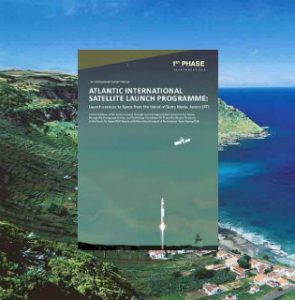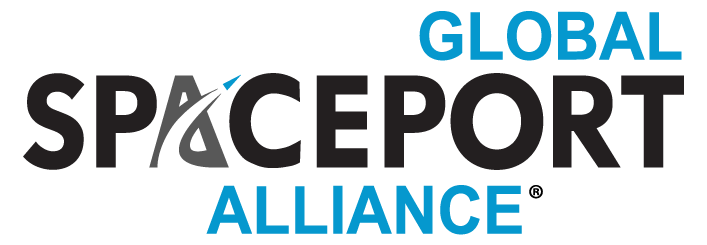 Portugal’s first-round global invitation for expressions of interest to partner in its planned Azores small satellite spaceport has generated 14 exceptional responses. The prize each seeks is the rare op
Portugal’s first-round global invitation for expressions of interest to partner in its planned Azores small satellite spaceport has generated 14 exceptional responses. The prize each seeks is the rare op
portunity to join Portuguese companies and R&D centers in fully and safely employing the Azores’ ideal mid-Atlantic location to capture a sizable share of the rapidly expanding small satellite payload launch market.
The respondents outlined their visions, strategies, and capabilities for delivering and integrating the required value chain elements, which range from systems and software engineering products to ground infrastructures to actual launch services via small, yet highly capable, rockets.
With the success of this first-round phase, Portuguese leadership has approved a second-round “international tender” request for fully detailed proposals. Chaired by Former European Space Agency (ESA) Director-General Jean Jacques Dordain, an International High-Level Expert Committee is charged with reviewing the proposals and making recommendations to the Government of Portugal and the Regional Government of Azores. The ultimate goal of this second phase is to establish a formal collaborative spaceport consortium that delivers the most advantageous solutions, both for the region and the country.
A third and final construction and implementation phase is planned to start in early summer 2019 and last for two years, leading to the commencement of launch services operations in mid-summer 2021.
Known as the Atlantic International Satellite Launch Programme (Atlantic ISLP), this endeavor is a joint initiative of the Government of Portugal and the Regional Government of the Azores, through the Portuguese Science and Technology Foundation (FCT) and the Mission Structure of the Azores for Space (EMA-Space), and with technical support from ESA.
Several independent studies commissioned in 2017 constituted the starting point of the process. In each of the studies, the authors concluded that the Azorean Archipelago could potentially deliver major advantages compared to many other spaceport sites around the world. For example, its privileged geographic location in the middle of the Atlantic enables a wide range of unobstructed launch trajectory choices over the sea, and especially so for payloads destined for polar or Sun-synchronous (SSO) orbits. Also recognized as an asset is its central location between and accessibility to Europe, the Americas and Africa. Again independently, all authors concluded that from among all of the possible sites in the nine islands in the Azorean Archipelago, Santa Maria Island offers the best combination of infrastructural, access, community safety, environmental protection, weather, workforce, and housing capacity attributes needed for a small satellite spaceport operation.

